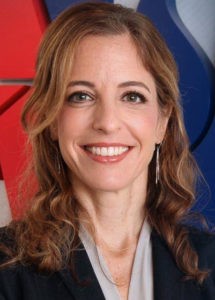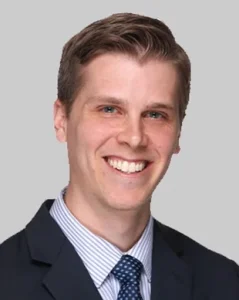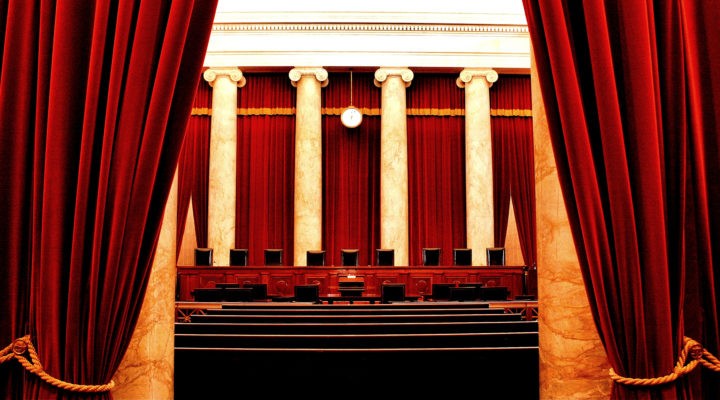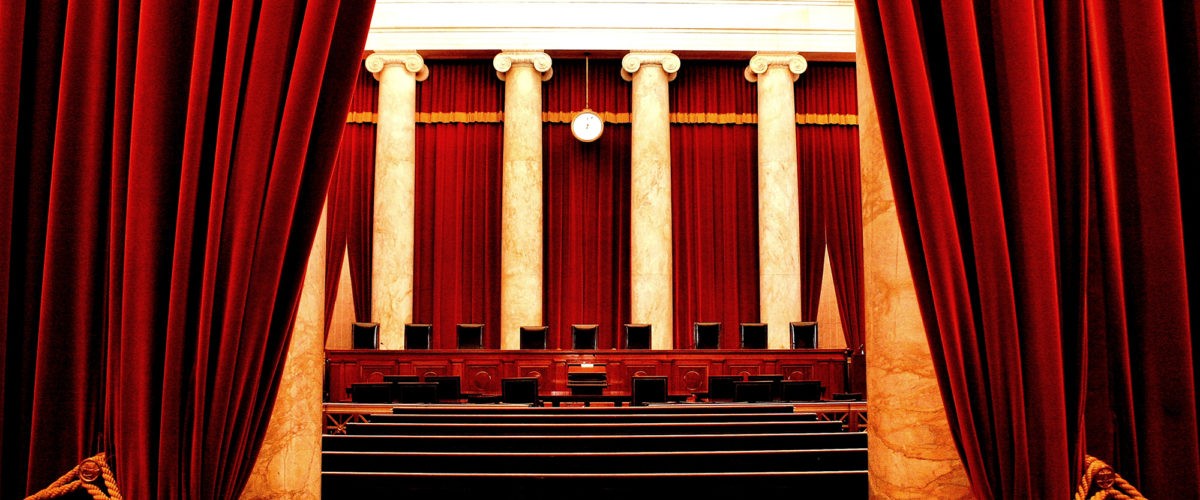Americans United for Separation of Church and State has taken a different approach to a U.S. Supreme Court hearing today than its frequent ally, Baptist Joint Committee for Religious Liberty.
In the case of Groff v. DeJoy, BJC joined the Church of Jesus Christ of Latter-day Saints, the United States Conference of Catholic Bishops, the National Association of Evangelicals, the Ethics and Religious Liberty Commission of the Southern Baptist Convention and the Anti-Defamation League in siding with Gerald Groff, a former U.S. postal service employee who says he was wrongly compelled to work on his sabbath.
Americans United has filed an amicus brief siding with the postal service and asking the high court to uphold the U.S. 3rd Circuit Court of Appeals decision against Groff as having properly considered the burdens and hardships Groff’s sabbath request imposed on his employer and fellow workers.
Americans United said Groff was not a full-time, career letter carrier, but a part-time carrier hired specifically to work flexible hours and cover weekend and holiday shifts at a four-person post office in Pennsylvania. “Over 14 months, Groff refused to show up for 24 Sunday shifts due to his religious beliefs. This led other employees — nearly all church-going Christians — to resign, transfer, file grievances or cover for him while he watched, as he admitted, NASCAR after church on Sundays,” AU said.
“This led other employees — nearly all church-going Christians — to resign, transfer, file grievances or cover for him while he watched, as he admitted, NASCAR after church on Sundays.”
That BJC and Americans United took opposite sides on this case shows the thorny legal problems under consideration.
At stake is the application of Title VII, a provision of the 1964 Civil Rights Act requiring employers to reasonably accommodate employee religious practices. Justices also will reconsider Trans World Airlines Inc. v. Hardison, a 1977 ruling that enables employers to easily circumvent religious accommodations with minimal evidence of “undue hardship.”
The definition of what amounts to “undue hardship” is the crux of the review.
Three times in recent years the high court has been asked to consider similar cases challenging the Trans World Airlines ruling, and three times it has declined to do so, even though three conservative justices — Clarence Thomas, Samuel Alito and Neil Gorsuch — have signaled their desire to accept the cases.
With a socially conservative supermajority now on the court, the landscape has changed.
Part of today’s oral arguments will no doubt consider whether Groff has a sincerely held belief in observing the sabbath. But the heaviest weight is likely to fall on finding a balance between one employee’s requested religious accommodation and other employees’ needs — on top of what an employer may need to maintain a reasonable work schedule.

Rachel Laser
“Our civil rights laws rightly require religious accommodations for workers, which is especially important for religious minorities whose rights and customs might not be respected in the workplace,” said Rachel Laser, president of Americans United. “But religious freedom does not mean we can shift the burden of practicing our faith onto other people. Religious freedom has never been a license to harm others, in employment or any other facet of life.
“This case is a wolf in sheep’s clothing,” she warned. “Christian nationalist legal groups are litigating cases like this as part of their crusade to secure privilege for those who share their narrow religious beliefs — at the cost of everyone else’s religious freedom. Once upon a time, the Supreme Court prioritized religious freedom cases aimed at protecting the rights of religious minorities who are marginalized in a predominantly Christian society. But the Christian nationalist groups litigating this case are hoping to use it to extend the recent pattern of the current court granting special favor to the majority religion at the expense of all others.”
One irony is that BJC is organizer of the coalition called Christians Against Christian Nationalism — a national effort to fight the very kind of white evangelical privilege Americans United sees at play in the Groff case.
AU’s brief was joined by Lambda Legal Defense and Education Fund.
Dozens of amicus briefs have been filed in the case.

Joshua McDaniel
One of those was organized by Joshua McDaniel, faculty director of Harvard Law School’s Religious Freedom Clinic, on behalf of a Muslim group.
In a published interview, McDaniel said he hopes the Supreme Court will use this case to restore Congress’ original intent to protect religious individuals from having to choose between their job and their faith.
“Groff has asked the court to adopt a different interpretation of undue hardship, to align it with its interpretation in the context of the Americans with Disabilities Act and other federal statutes,” he said. “That interpretation would require employers to accommodate religious practice unless doing so would impose significant difficulty or expense. Courts typically make that determination by looking at the nature and cost of accommodating compared to the employer’s size, resources, the nature of the employment, etc.”
This matters, he said, because the greatest hardships under the current “de minimis” test of the law disproportionately fall on adherents of minority faiths, people of color and low-income wage earners.
“To give one example, Muslims file nearly 20% of Title VII claims, but they make up less than 1% of the population,” he said. “That’s why this issue is so important to our client, the Muslim Public Affairs Council, as well as an array of other organizations affiliated with minority religious groups who likewise filed briefs asking the court to overturn Hardison’s de minimis standard.”
Related articles:
Broad coalition of religious liberty groups sides with former postal employee


